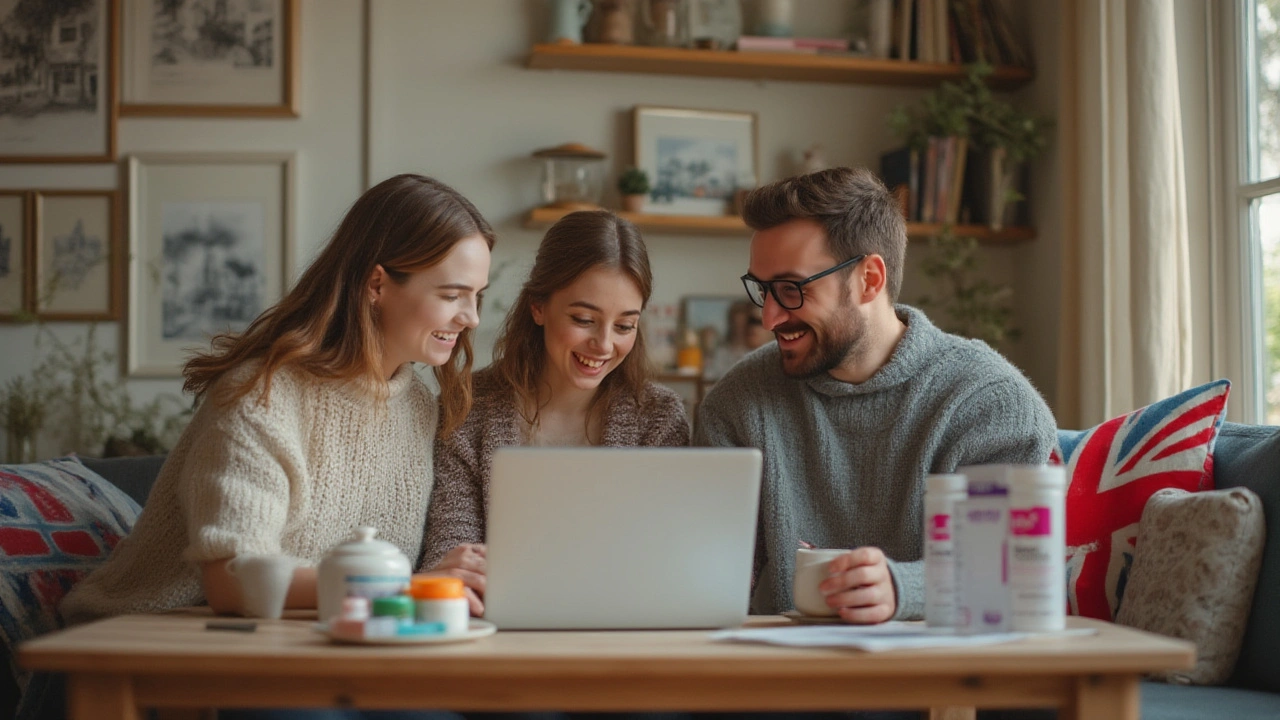Pharmacy safety: how to protect yourself when buying and using meds
Have you ever wondered how to tell a legitimate pharmacy from a fake one? Pharmacy safety matters because the wrong pills can be useless or dangerous. This page gives clear, practical steps you can use today: how to check an online pharmacy, what to watch for on labels and packaging, basic storage rules, and safe disposal options.
Buying meds online — a quick safety checklist
Start by checking the basics: a real pharmacy shows a license number, a physical address, and a phone number you can call. If a site won’t require a prescription for a prescription-only drug, walk away. Look for HTTPS in the web address and read recent customer reviews outside the pharmacy’s site.
Compare prices but be skeptical of extremely cheap offers. Fake meds often come with poor packaging, missing leaflets, or different pill size and color. If the pills cause unexpected side effects or don’t work, stop taking them and contact your prescriber. For U.S. residents thinking about importing drugs, follow the personal-use rules and check the legal risks — some articles on our site explain how that works in practical terms.
Want extra reassurance? Use pharmacies listed on trusted comparison pages or those registered with national pharmacy boards. Call the pharmacy first to ask about product sourcing, shipping times, and returns. A legit pharmacy will answer questions and provide clear information about generics, brand names, and interactions.
Using, storing, and disposing medications safely
Keep meds in their original container with the label intact so you always know dosage and expiry. Most pills do fine at room temperature away from direct heat and moisture; insulin, some eye drops, and certain biologics need refrigeration — check the leaflet or ask your pharmacist. Store all meds out of reach of children and pets, ideally in a locked box if you have curious little ones.
Track side effects and any new symptoms, and tell your prescriber if you take other drugs, supplements, or herbal remedies. Some meds—like antipsychotics or diabetes treatments—need routine lab checks; ask which tests you should get and how often.
When it’s time to toss unused or expired meds, don’t flush them unless the label says it’s okay. Use drug take-back programs at pharmacies or community events. If no take-back option exists, mix pills with an unpleasant substance (coffee grounds or kitty litter), seal them in a bag, and throw them in the trash to discourage accidental use.
Pharmacy safety is mostly about small, consistent habits: verify, ask questions, store properly, and dispose responsibly. When in doubt, call your pharmacist or prescriber — they’re the best resource for making sure your treatment is safe and works as intended.
fillrxplus.net: Safe Online Pharmacy for Affordable Medications
Is fillrxplus.net a legit online pharmacy? Find out how it works, safety tips, ordering steps, and why people are switching to digital drugstores.
